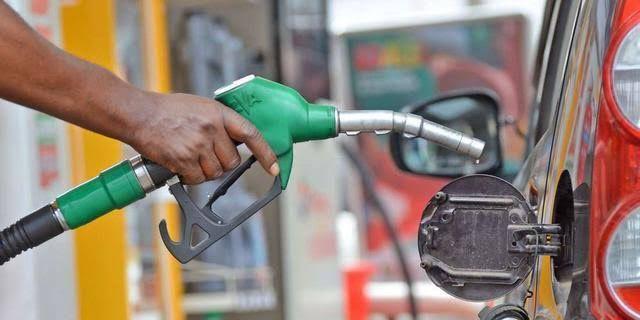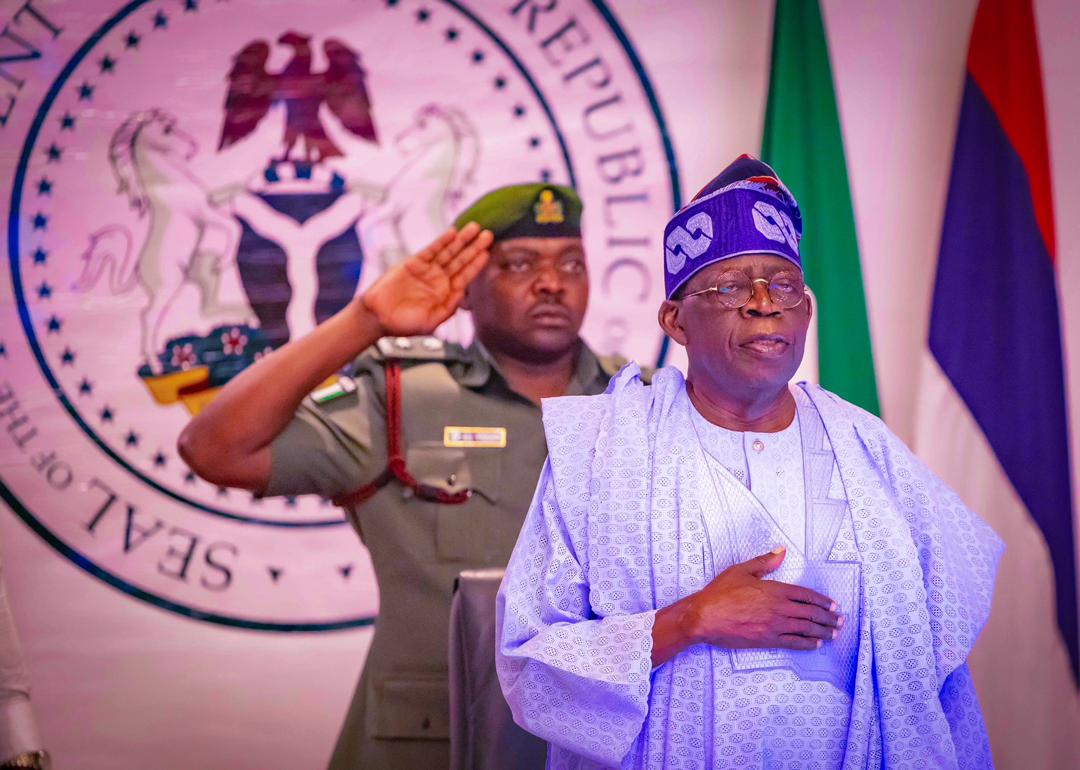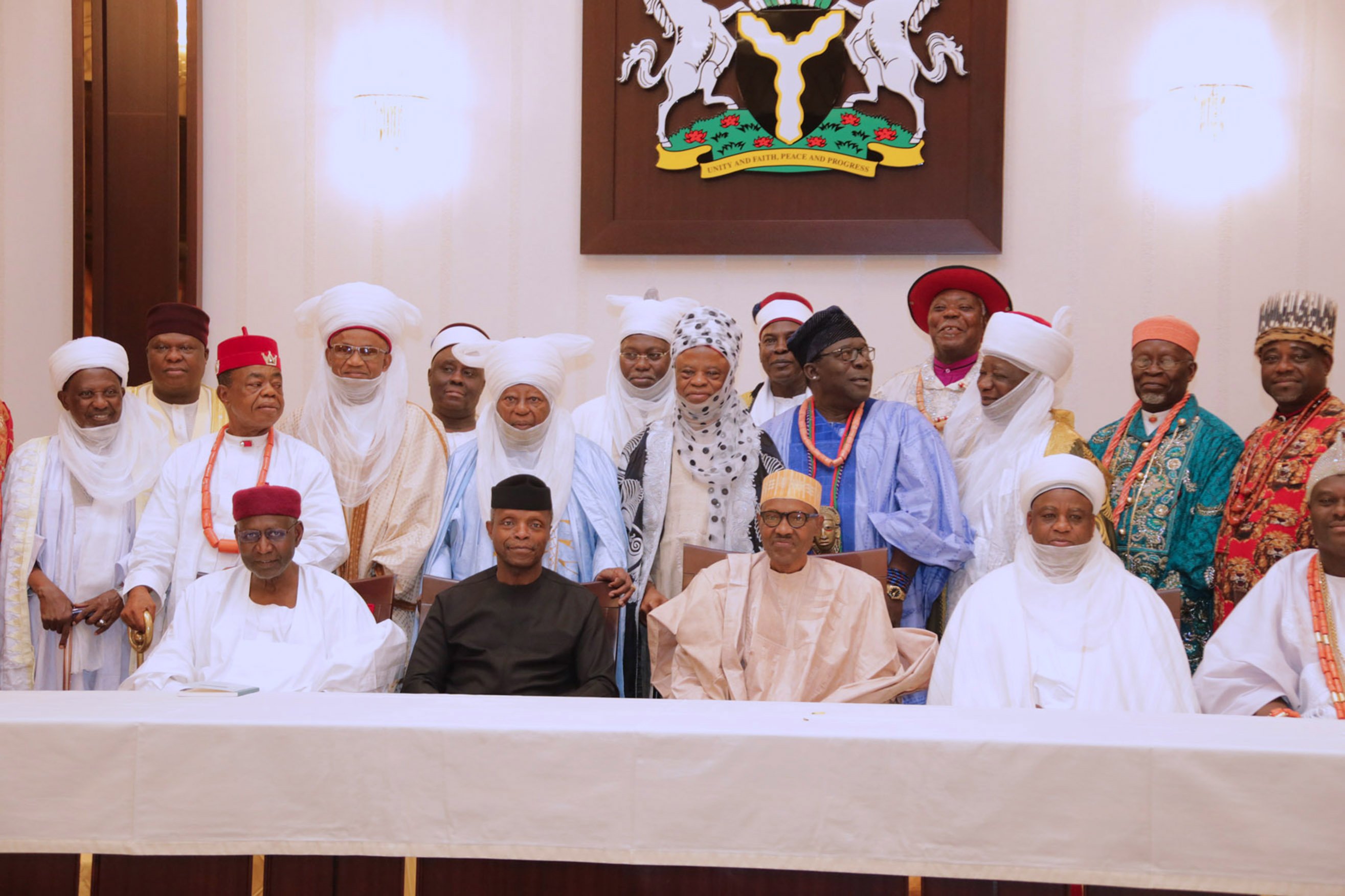Historically, Nigeria has played a significant role in the global oil industry as a major producer. However, one notable challenge the country has faced is its limited refining capacity.
In a recent independent audit report released by the Nigeria Extractive Industries Transparency Initiative (NEITI), it was revealed that over N13.697 trillion ($74.3862 million) was disbursed as subsidies to marketers between 2005 and 2012.
This situation has had severe repercussions on Nigeria’s economy, leading to substantial debt accumulation. The total amount paid out in fuel subsidies from 2005 to 2021 is equivalent to the combined budgets allocated for sectors such as healthcare, education, agriculture, and defense.
Addressing this issue of fuel subsidies is crucial for Nigeria’s economic stability and sustainable development.
Advertisement
Here are seven important facts to know about the ongoing removal of fuel subsidy.
- Fuel subsidy removal means that the government stops providing financial support to reduce the cost of fuel for consumers.
- The purpose of removing fuel subsidy is usually to reduce government spending and promote more efficient use of resources.
- When fuel subsidy is removed, it often leads to an increase in fuel prices, meaning that people have to pay more for petrol.
- Removing fuel subsidy can help the government save money and allocate resources to other important areas such as education, healthcare, or infrastructure.
- Fuel subsidy removal can also encourage people to use less fuel or explore alternative energy sources, which can have environmental benefits.
- The decision to remove fuel subsidies is often part of broader economic reforms aimed at improving the overall health of the economy.
- The impact of fuel subsidy removal can vary across different income groups, with lower-income individuals and families potentially facing more significant challenges due to the increased fuel costs, but it is important to note that the success of fuel subsidy removal depends on effective communication, transparent policies, and the implementation of measures to support vulnerable groups during the transition by the government.
Arabinrin Aderonke, an award-winning investigative journalist, good governance, gender rights, and peace advocate, writes from Abuja. She can be reached via [email protected]
Advertisement
Views expressed by contributors are strictly personal and not of TheCable.
Add a comment







